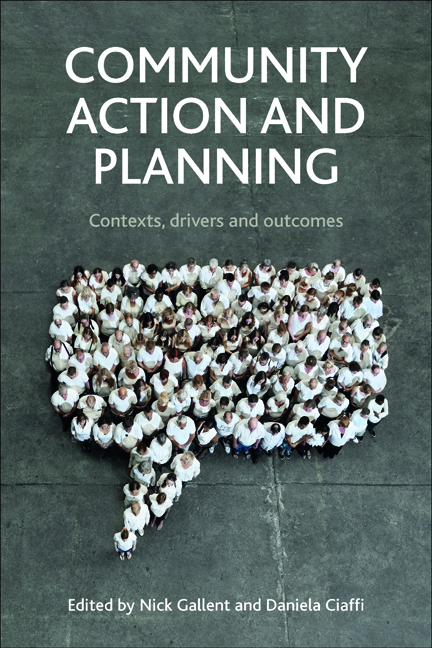13 - Community-based planning in Freiburg, Germany: the case of Vauban
Published online by Cambridge University Press: 04 March 2022
Summary
Introduction
When prospective households embark on building homes together, they set out to create communities. In Freiburg, a small city of southern Germany famous for the strides it has taken in becoming Germany's unofficial ‘Environmental Capital’ (Buehler and Pucher, 2011), such community-build ventures have already occurred on three large sites across the city and several more large schemes are underway at the present time. Indeed, group self-build has emerged as a significant pathway for the delivery of new housing in Freiburg, through which over 1,100 new homes have been delivered in the city since 1993. Part of the appeal for this collaborative approach to building is financial, and particularly the 20 per cent cost reduction in comparison to developerproduced housing that may be achieved when commercially driven profit margins are removed from the build process, and economies of scale are created through collaboration (Hamiduddin and Gallent, 2014). Evidence from group members themselves, however, indicates that the social nature of the group-build approach can also be a critical factor in the decision of whether to pursue a collaborative build project (Hamiduddin and Gallent, 2014). The social nature of the approach means, rather inevitably, that it is not for everyone.
This chapter explores one of the city's large group self-build sites at Vauban – a renowned urban quarter on a former military site in the south of the city heavily lauded for its socially and environmentally progressive design features, participative planning and resident-led housing schemes. The case study investigation is formed from both a body of academic field research, comprising semi-structured interviews, household surveys and documentary research (see Hamiduddin, 2014a; Hamiduddin, 2014b; Hamiduddin and Gallent, 2014) together with narrative insights from Freiburg's former head of planning. Vauban has been held up as an exemplar of sustainable urbanism (Hall, 2013), by bringing together best practices in green design – notably in building architecture, infrastructure and traffic-free residential areas where cars are physically separated from homes, and also in social design – where shared street spaces, extensive green areas and community amenities support high levels of informal contact between residents.
Elements of Vauban's emergence are drawn by way of four structuring questions. First, what factors led to the initial emergence of communityled planning and housing development at Vauban? Second, how have municipal planners encouraged and facilitated this approach?
- Type
- Chapter
- Information
- Community Action and PlanningContexts, Drivers and Outcomes, pp. 237 - 258Publisher: Bristol University PressPrint publication year: 2014



